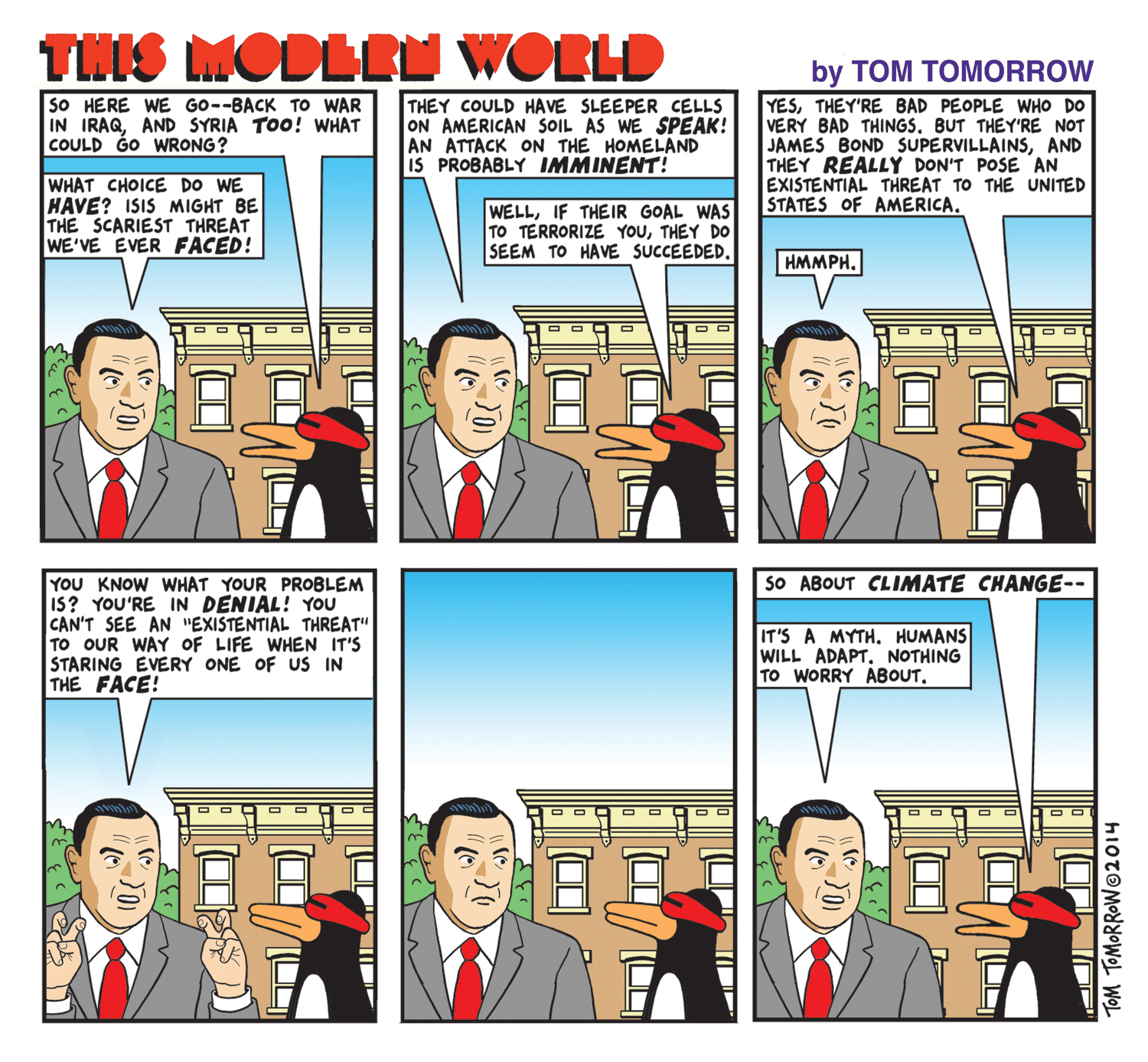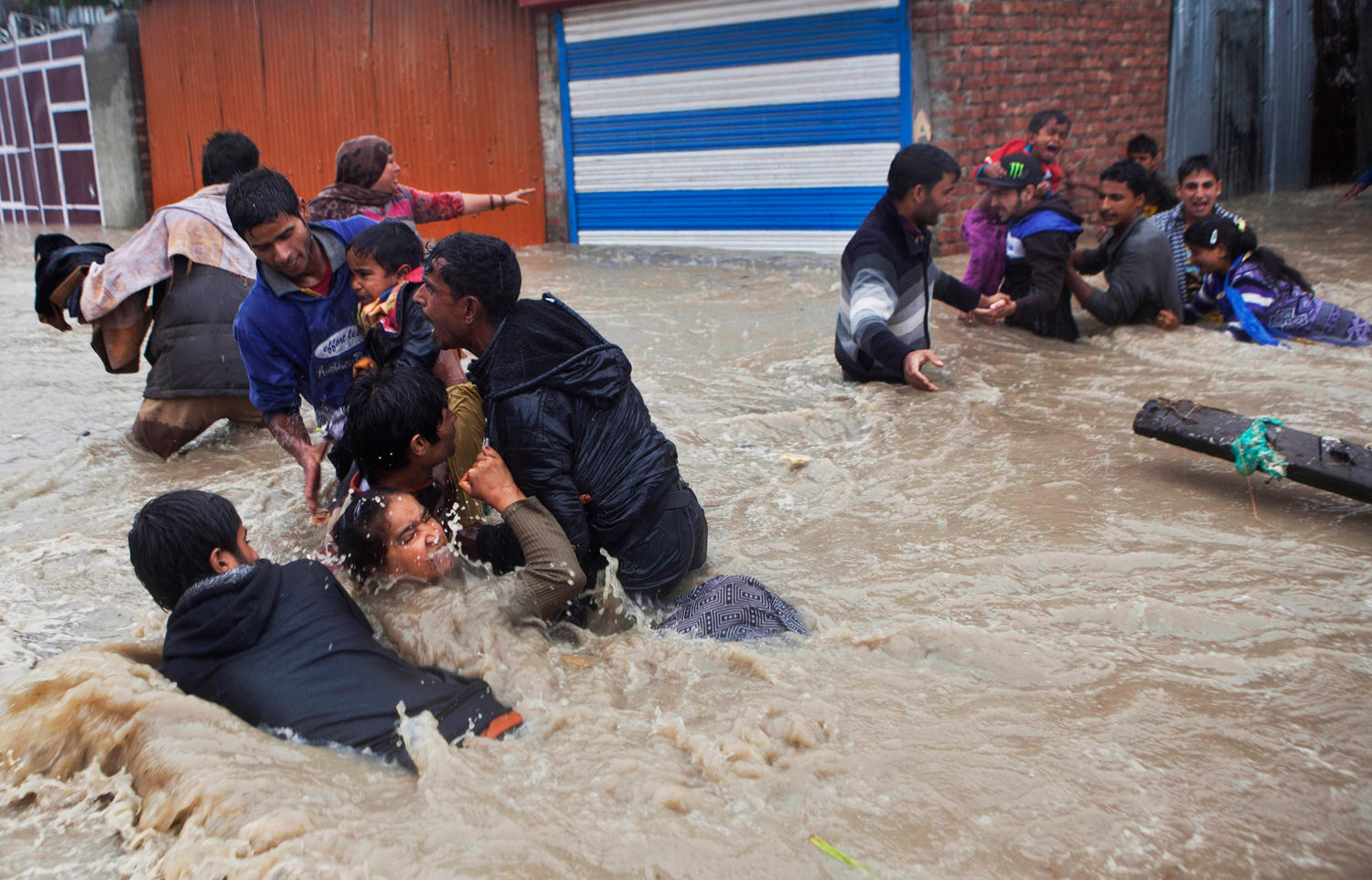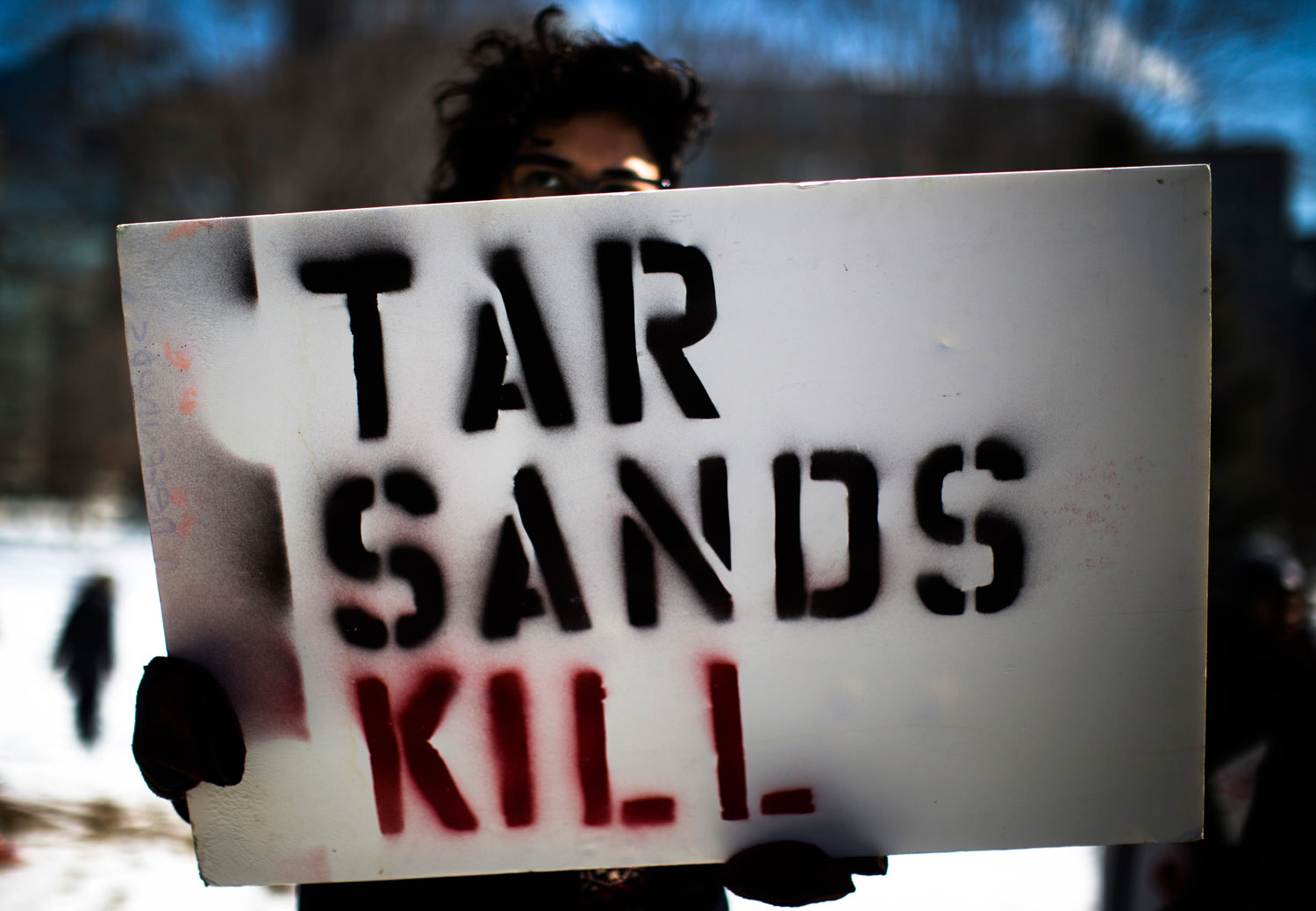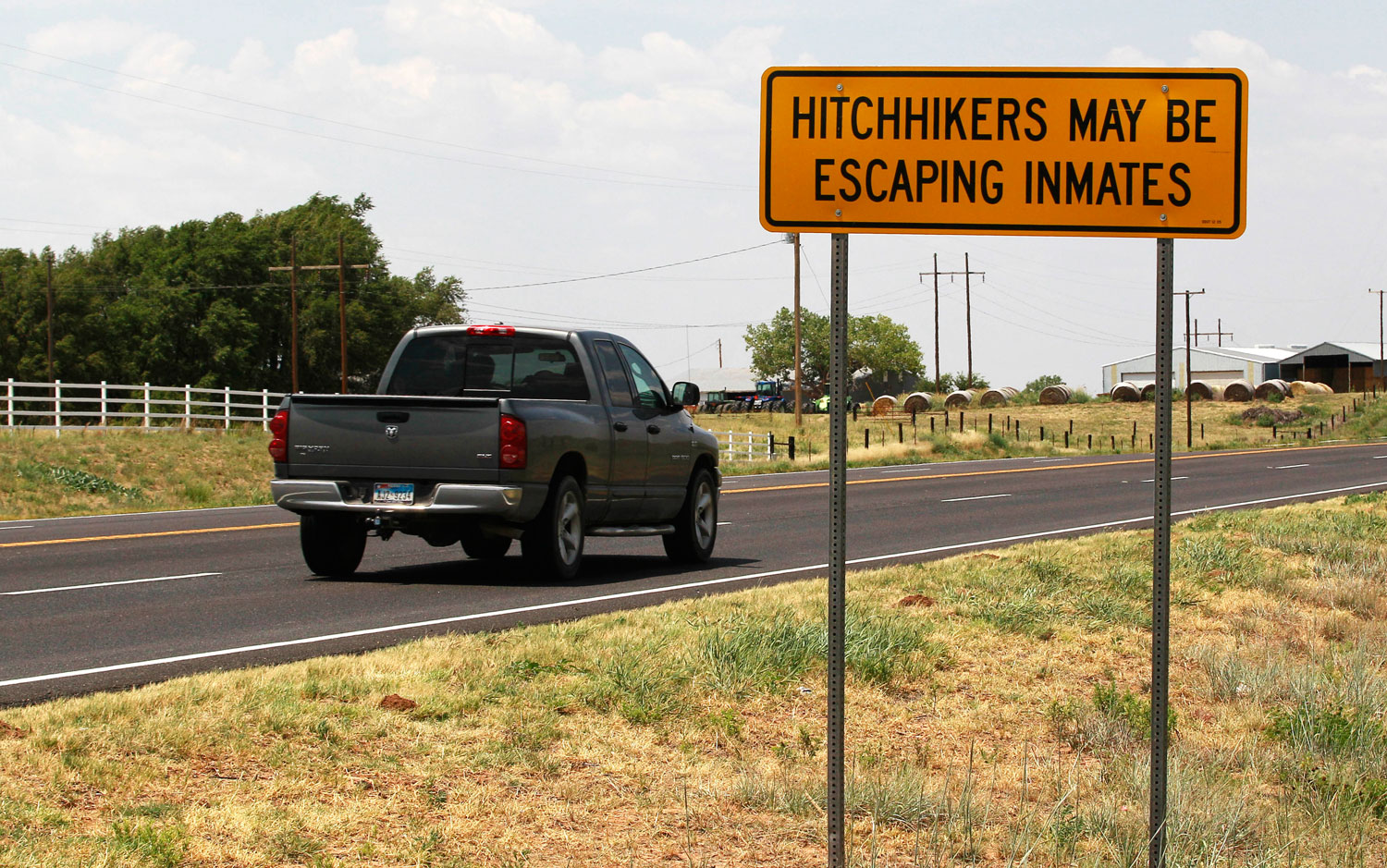
Who’s Paying the Pro-War Pundits? Who’s Paying the Pro-War Pundits?
Talking heads like former General Jack Keane are all over the news media fanning fears of IS. Shouldn’t the public know about their links to Pentagon contractors?
Sep 16, 2014 / Lee Fang

Comix Nation Comix Nation
Sep 16, 2014 / Tom Tomorrow

Snapshot: A Hard Rain in a Changing Climate Snapshot: A Hard Rain in a Changing Climate
Residents of Indian-administered Kashmir struggle against a strong current after incessant rains inundated the region, causing the worst flooding in decades. The floods have caused over 500 deaths, and over 500,000 people have needed to be rescued. Another 75,000 people are still waiting to be rescued a week after the flooding began.
Sep 16, 2014 / Dar Yasin

Obama’s Twisted Logic on Deportations Obama’s Twisted Logic on Deportations
The way to keep families together is to keep tearing them apart? Please.
Sep 10, 2014 / Deepak Bhargava

Why was Paul Krugman so Wrong? Why was Paul Krugman so Wrong?
There’s a frightening enthusiasm for war among pundits—and now the public seems ready to go along too.
Sep 10, 2014 / William Greider

How First Nations in Canada Are Winning the Fight Against Big Oil How First Nations in Canada Are Winning the Fight Against Big Oil
Recent militant action in Canada is leading a global movement to protect frontier resources.
Sep 10, 2014 / Audrea Lim

Liberals and Feminists, Stop Enabling the Police State Liberals and Feminists, Stop Enabling the Police State
Sex, or the fear of it, has been almost as important in the construction of this nightmare as racism.
Sep 10, 2014 / JoAnn Wypijewski

Comix Nation Comix Nation
Sep 10, 2014 / Matt Bors

Snapshot: 15 Versus the Five-O Snapshot: 15 Versus the Five-O
Fifteen times ten—that’s 150, the number of cities in which rallies were held in the struggle for a $15-an-hour minimum wage by the “Fight for 15” campaign. In addition to the demonstrator pictured here in Chicago, hundreds of protesters were arrested across the nation.
Sep 9, 2014 / Jim Young

Mitch McConnell’s 47% Moment Mitch McConnell’s 47% Moment
In remarks made at a secret Koch donor conference and leaked to The Nation, the Senate minority leader doubles down on obstructionism and crony capitalism.
Sep 3, 2014 / The Editors
